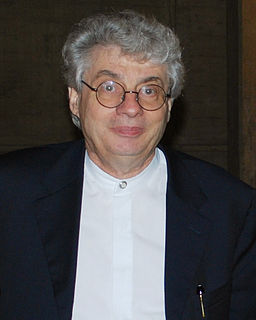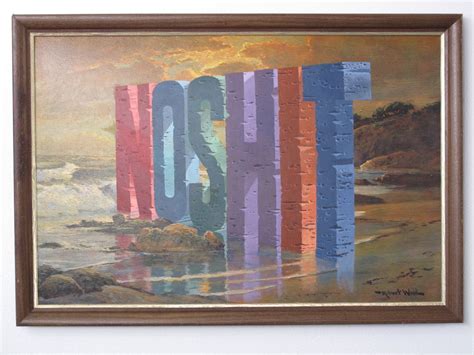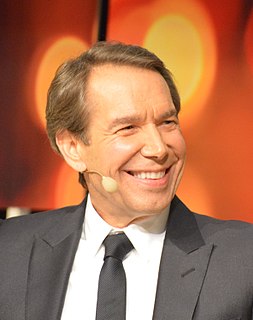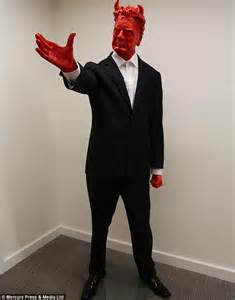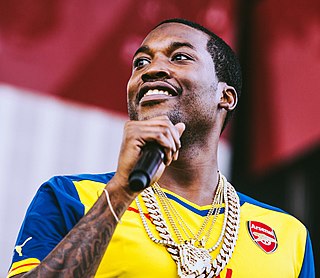A Quote by Damien Hirst
Buy art, build a museum, put your name on it, let people in for free. That's as close as you can get to immortality.
Related Quotes
The place has had a super-conflicted relationship to its mission. In 1956, it opened as the Museum of Contemporary Crafts. Then in 1986 it had a midlife crisis and changed its name to the American Craft Museum. Then in 2002 the name changed again, this time to the Museum of Arts and Design. Maybe in 2025 the place will be called the Designatorium. The big problem with a museum of craft and design is that all art has craft and design.
What I think is dreadful about art is the way it's related to the money afterward. Not when you do it... But after that, it's like 5,000 rich people have access to it. A movie, even though it can be a bad movie or a good movie, it is more democratic. The people who buy my films, the people who buy my installations it's sometimes a foundation or a museum. When it's a foundation, it's related to very, very, very rich people - who are your enemies! Your enemies are feeding you. But you're not meeting them. So it's a very strange thing.
The museum in D.C. is really a narrative museum - the nature of a people and how you represent that story. Whereas the Studio Museum is really a contemporary art museum that happens to be about the diaspora and a particular body of contemporary artists ignored by the mainstream. The Studio Museum has championed that and brought into the mainstream. So the museums are like brothers, but different.
I went to art school... but I worked at the Museum of Modern Art. I worked in fundraising at the information membership desk. I ended up, over a period of time, doubling the amount of membership revenue that came in through people entering the museum, so people would ask me to come and work for them.
What a museum chooses to exhibit is sometimes less important than how such decisions are made and what values inform them. To have the crucial role of museum professionals usurped by self-serving tycoons in the name of economic imperative threatens not only the integrity of individual institutions but the very principle of art held in public trust.


